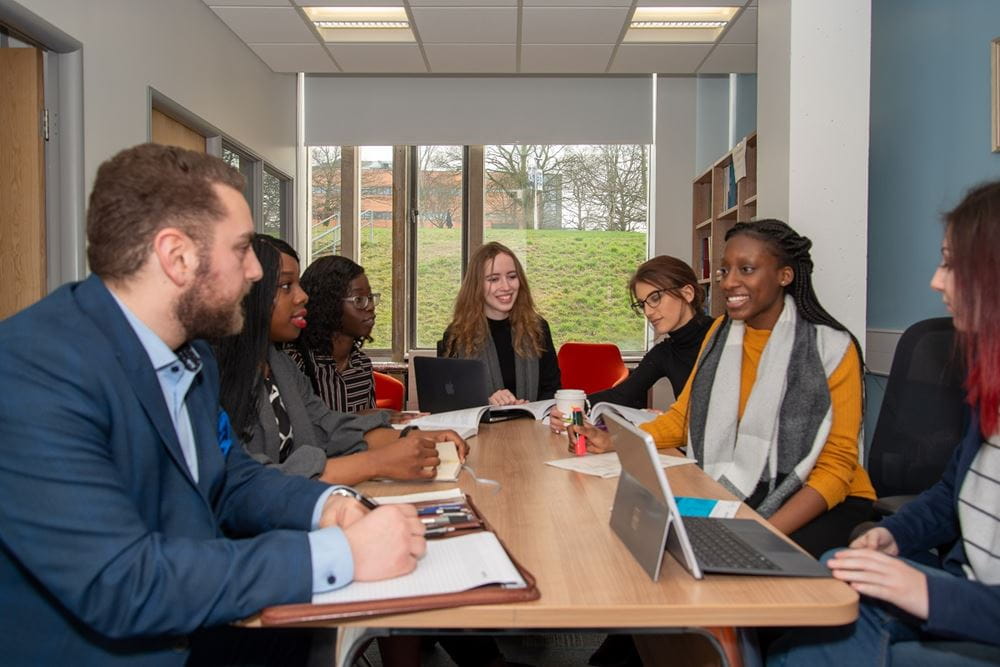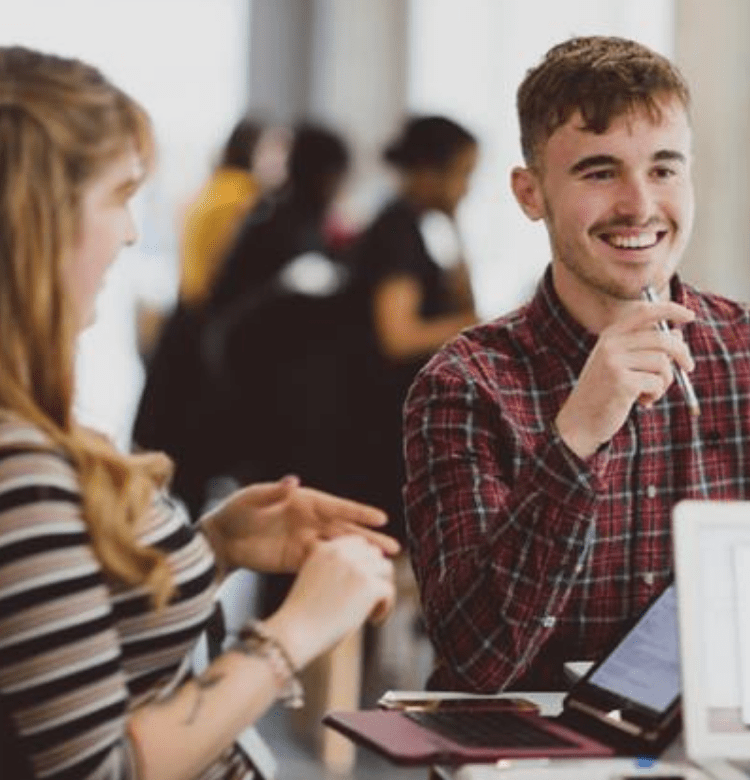Extending our Reach: View our current projects in the Essex Law Clinic

The Essex Law Clinic gives students in Essex Law School opportunities to put their studies into practice by assisting clients in the local community.
As part of this we have partnered with local organisations to develop six projects for the academic year 2025-2026.
Essex Law Clinic student projects 2025-26
This years projects include:
Immigration
This project, which was introduced in November 2021, is designed to provide assistance given to those in the local community facing issues involving immigration law in all its aspects including the right to enter and remain in the UK, nationality and asylum. Students are first trained in various aspects of immigration law and procedure and then engage in one of a possible number of activities such as exploring links with other organisations working with immigrants, preparing information leaflets on various aspects of immigration law, creating awareness and rights and obligations of visa holders, preparing and possibly also delivering presentations on immigration law to particular groups of people facing immigration issues (such as survivors of domestic violence and asylum seekers without recourse to public funds) and possibly shadowing real life immigration cases.
Staff Coordinator: Yinka Lewis
Law reform
Students involved in this project receive training in policy engagement and law reform methodologies, including structured workshops and practical exercises. Activities may include responding to live consultations, supporting academic research, or identifying areas of law in need of reform through casework or community engagement. Students work collaboratively with staff and others connected to the Clinic to develop relevant law reform outputs. Opportunities vary each year and may involve written submissions, public legal education, or support for ongoing reform efforts.
Staff Coordinator: Lee Hansen
LGBTQ+
This project supports access to justice for LGBTQ+ communities and people living with HIV. Students have contributed to a wide range of public legal education and outreach activities, such as producing a podcast, delivering workshops on legal rights, and attending community events like Colchester Pride to promote the Law Clinic. The project also includes internal-facing work, such as refining training materials and developing frameworks to guide its activities. Focus areas may change each year depending on student interests and emerging needs.
Staff Coordinator: Lee Hansen
Miscarriages of Justice
This project is designed to introduce students both to an important source of injustice in law and to the factual dimension of legal practice which is not usually taught in law schools. By learning about wrongful convictions students, will gain knowledge about the reliability of witness testimony, confessions by suspects, and forensic evidence as well as the ability of judges and jurors to accurately assess evidence. They will also develop skills in how to analyse the facts in cases. Finally, by having to work on a group presentation on an actual miscarriage of justice, students they will develop their group work and oral communication skills.
Staff Coordinator: Donald Nicolson
Street Law
“Street Law” is the term usually used in the law clinic world to describe the delivery of public legal education or legal literacy to the community often in schools or prisons. This project will focus on the former in order to educate pupils about their legal rights, obligations and how to resolves legal issues when they arise. As a brand new project, students will start by contacting local schools to ascertain what areas of law pupils will benefit from learning and then research these areas and develop interactive teaching methods such as mock trials and debates in order to deliver the relevant information. In this way, students will gain in-depth areas of law, while also improving their groupwork and oral communication skills.
Staff Coordinator: Donald Nicolson
